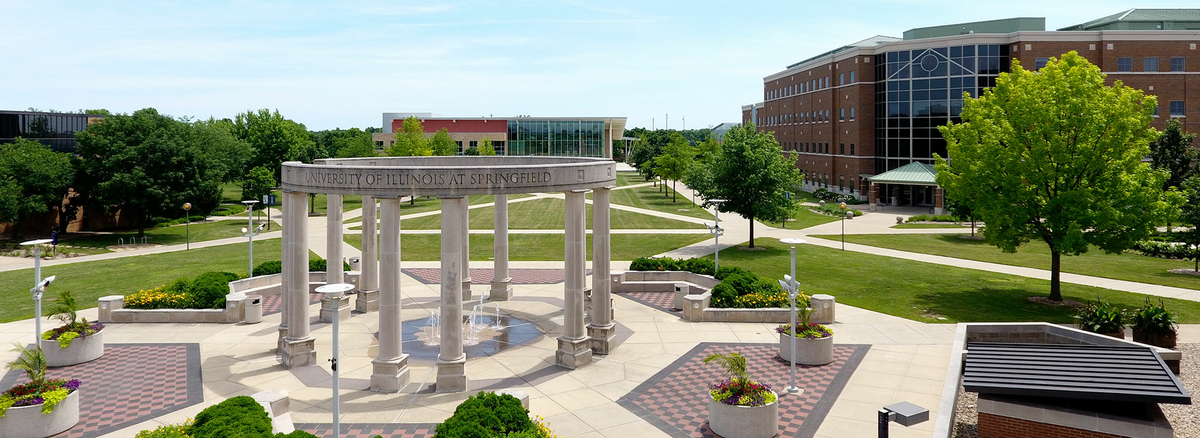When John Hanlon started his career as a lawyer in 1983, he knew of only one case where an innocent person had been cleared of a crime: Sam Shepphard, the Ohio physician exonerated in 1966 of killing his wife.
“When we got a case to work, it was not with innocence in mind,” said Hanlon, who will retire June 30 as executive director of the Illinois Innocence Project at University of Illinois Springfield. Over the past 12 years, Hanlon and a team of lawyers, students and volunteers has helped exonerate 18 defendants.
The idea that innocent people were serving time in prison was not a concern for Hanlon and other young lawyers. Innocence projects — organizations that examine convictions where serious doubt has been raised about a person’s guilt — did not exist. The game-changing discovery of DNA with a potential to exclude a person as a suspect or identify the real culprit had not been made.
“Back then, if there was a confession, that’s always bad and the person is undoubtedly guilty. If there’s an eyewitness, same thing — always really bad and the person is guilty …. How wrong that proved to be,” said Hanlon.
Since 2012, the IIP has received 4,000 requests from defendants claiming innocence.
This article appeared on WGLT on June 16, 2021.



